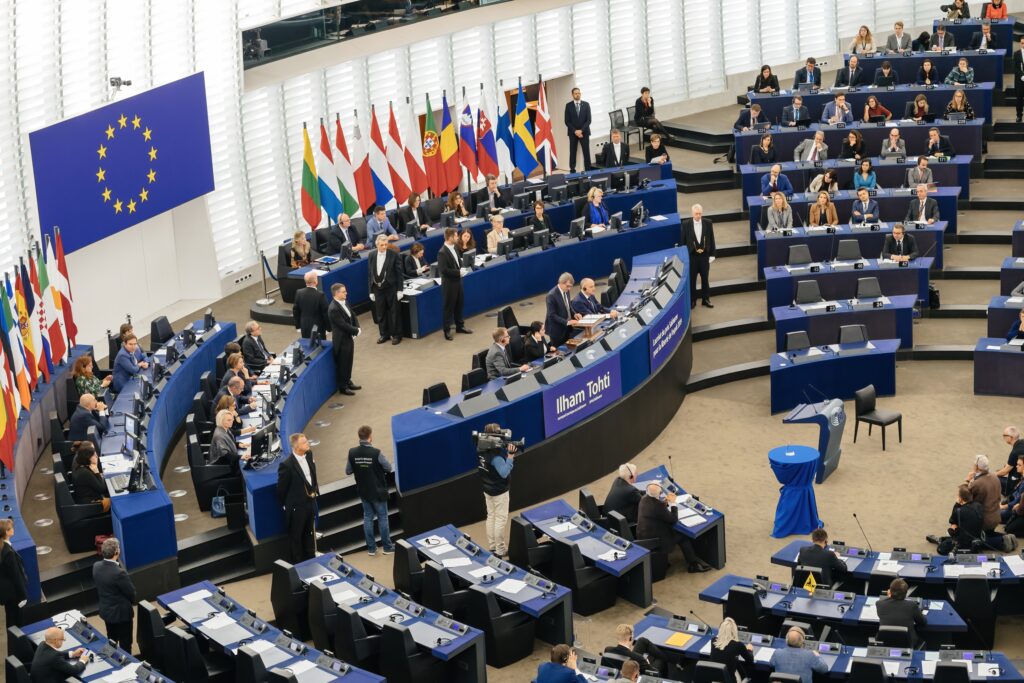On Tuesday, six candidates presented their cases to become the next EU ombudsman. They aim to investigate malpractice within EU institutions. Representatives from Austria, Portugal, Estonia, the Netherlands, and Italy pitched their qualifications during hearings at the European Parliament’s Petitions Committee.
The new ombudsman will replace Emily O’Reilly, who has served in this role for over a decade. Secret ballots, scheduled for mid-December, will decide the winner. The ombudsman’s responsibilities include managing citizen complaints and ensuring transparency and good governance in the EU.
Few Policy Commitments, Varied Backgrounds
Candidates offered limited concrete policy commitments. Dutch candidate Reinier van Zutphen emphasized the ombudsman’s role in balancing EU institutions and addressing citizens’ concerns. Portugal’s Teresa Anjinho called for modernizing EU freedom of information laws, citing outdated regulations from 2001. Italy’s Marino Fardelli suggested creating a smartphone app to track complaints and proposed bold reforms like establishing a universal right to cybersecurity.
Despite some ambitious ideas, most candidates avoided making firm promises. Instead, they stressed continuity with O’Reilly’s work, widely respected in the European Parliament. Estonian candidate Julia Laffranque, who once criticized O’Reilly, now praised her achievements. Austria’s Claudia Mahler argued her lack of EU institutional experience offered a fresh perspective, highlighting her advisory role at the UN.
Candidates’ professional backgrounds varied significantly. Three had prior ombudsman experience, while others came from law, EU administration, or international organizations. Italy’s Emilio De Capitani showcased his expertise in EU transparency and litigation.
Politics Play a Role in a Neutral Role
Though the ombudsman position is apolitical, politics heavily influence MEPs’ decision-making. Candidates engaged in private meetings with political groups, seeking endorsements. Emilio De Capitani openly promoted his pro-European stance, while Julia Laffranque emphasized bipartisan support.
Teresa Anjinho faced questions about maintaining neutrality due to her past as Portugal’s center-right justice minister. She assured MEPs of her impartiality, citing her academic and ombudsman experience.
Language and Presentation Styles
Most candidates spoke English during the hearings, with varying fluency. Marino Fardelli delivered his pitch in Italian, reportedly leaving some MEPs overwhelmed. Others employed phrases like “active citizenship” and “fostering intelligent partnerships,” reflecting EU jargon.
Estonian candidate Laffranque offered a convoluted explanation of how law interpretation affects good administration. While candidates showed fluency in the EU’s institutional language, their ability to connect with citizens remains a key test for the role.
